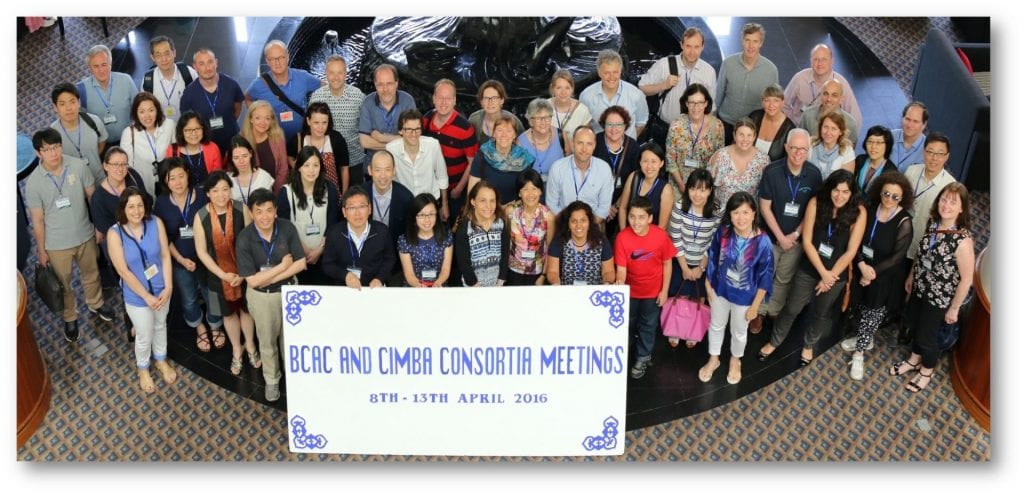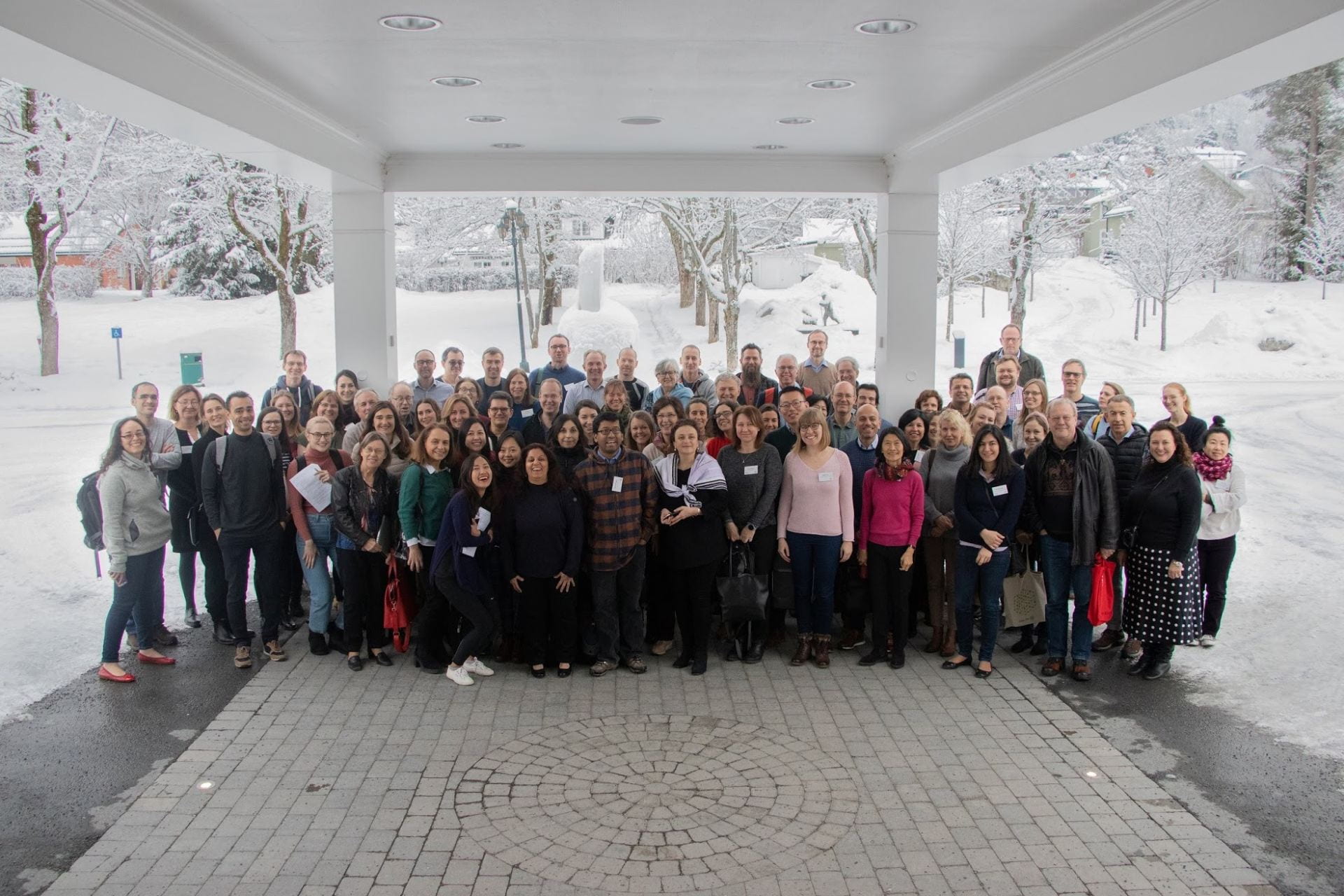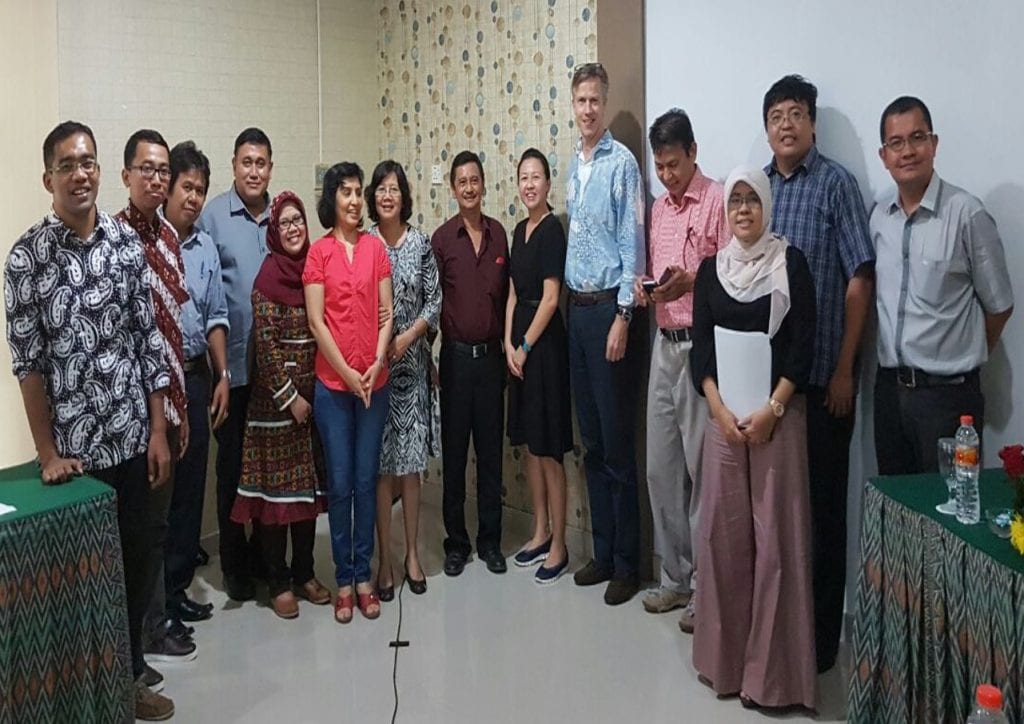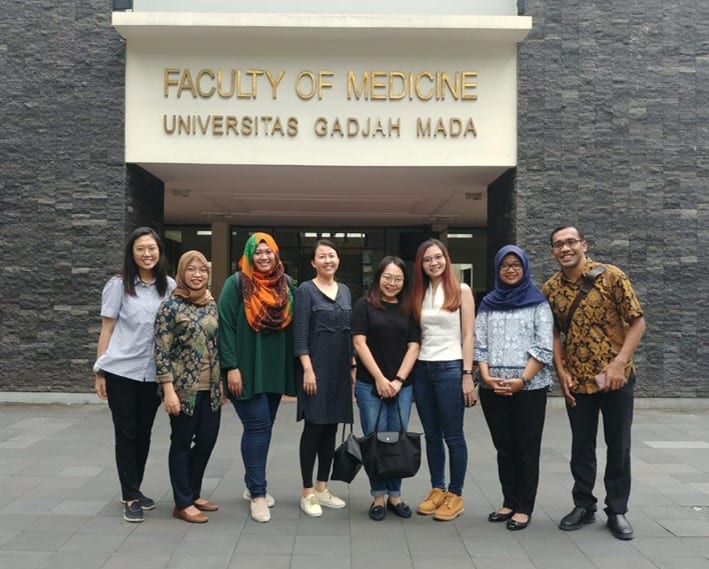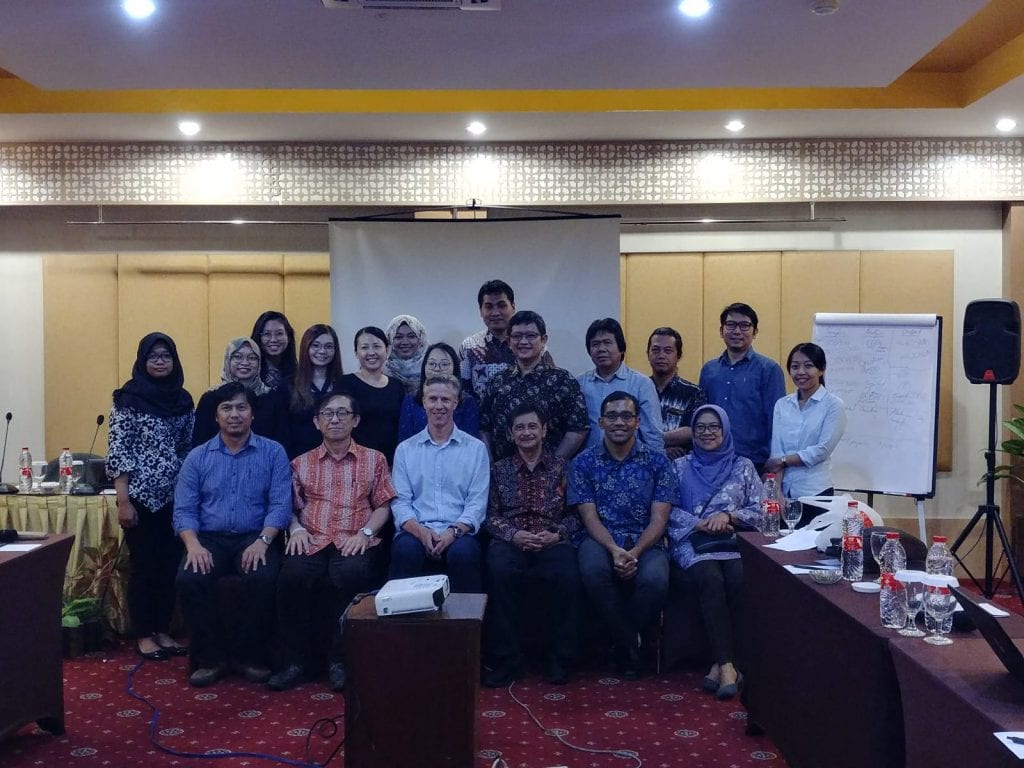Collaborations
As one of the largest collection of breast cancer patients comprising three major ethnic groups in Asia, the SGBCC is a member of the Breast Cancer Association Consortium (BCAC) since 2014. BCAC is an ongoing large-scale genetic association studies on breast cancer risk. The SGBCC has involved in multiple projects within BCAC, including ICOGS and OncoArray , Breast Cancer Risk after Diagnostic Gene Sequencing (BRIDGES), and Breast Cancer Stratification (B-CAST) Work Package 2: Clinical and molecular classification of tumours and Work Package 3: Tumour sequencing. Confluence project is currently ongoing with the aim to build a large research resource for conducting multi-ancestry genome wide association studies of breast cancer risk and prognosis.
Regionally, the SGBCC collaborates with Cancer Research Malaysia and University of Nottingham, Malaysia campus to understand the prevalence of breast cancer predisposition genes in Southeast Asian (SEA) women. A polygenic risk score has been developed to specifically identify women at higher-risk of breast cancer in SEA population. In collaboration with Universitas Gadjah Mada (UGM) Indonesia, the SGBCC takes up the supervision role and help Indonesia collaborators to build a national breast cancer cohort based in Indonesia. Guidance provided was not limited to study setup and patient recruitment, but data management and analysis as well. Staring off with UGM, the Indonesian breast cancer cohort is now slowly expanding to 3 hospitals in other province.
Under the leadership of Mikael Hartman, the SGBCC works with local institutes to assemble a large cohort of national representative breast cancer patients in Singapore. To date, the SGBCC comprised more than 10,000 participants. 70% of which with available biospecimen. In collaboration with Genome Institute of Singapore, the SGBCC study has genotyped all study participants with biospecimen, to evaluate all important genetic and environmental risk factors in breast cancer and identify new genetic prognostic markers in breast cancer. We also work with clinicians from National University Cancer Institute on pharmacogenetics studies to evaluate the drug effects on breast cancer patients receiving various cancer treatments. In addition, we are involved in cost-effectiveness study by working closely with experts in health economics to investigate patients’ outcomes, health care utilization and expenditures, and the likely impact on policies.

